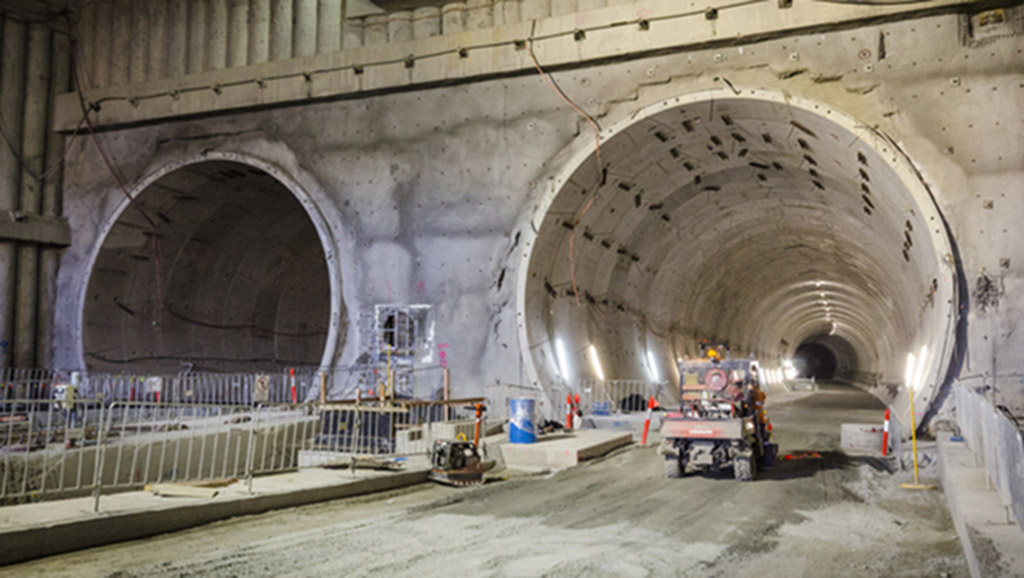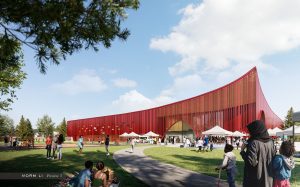Low price isn’t always king and project risk needs to be appropriately shared, transit construction experts at a panel discussion highlighted during this year’s Canadian Council for Public-Private Partnerships conference.
Ashley Langford, Hitachi Rail’s senior director of business development in Canada, said he has seen encouraging signs that the lowest price isn’t the only factor in analyzing a bid and some owners are also beginning to look at technical proficiency.
“You want to attract technology companies,” said Langford. “Then you are looking for what you want at the beginning instead of having the wrong guys at the end.”
Langford noted Hitachi is working to be a part of evolving project delivery by doing team building training to improve communication among partners.
“A big part of this is how clearly you can transfer information to each other,” said Langford. “The goal is not attacking each other, it’s delivering a high quality product,” he said. “You want to work to drive the project faster rather than throwing objects in each other’s path. But it can be hard to keep that mindset of not being adversaries.”
Phil Verster, president and CEO of Metrolinx in Ontario, said there is a massive amount of capital investment, but the industry needs to look carefully at how it wants to deliver projects if it wants to be successful going forward. Verster noted in the last three years major changes have been made around the principle of taking back risk.
“If we want to deliver as much work as we are doing, the party best equipped to deal with the risk should deal with it,” said Verster. “We have to work closer together, be aligned and listen to each other. We have so much to deliver, we have to get this right.”
Verster explained that for him, low price isn’t the most important factor in looking at bids. Instead, he is looking at building a successful team.
“Projects succeed or fail based on if an owner and a contractor can be aligned over the lifetime of the project,” he said. “If I see collaboration skills I am 10 times more interested in doing a project with a contractor.”
Fernando Vara, a global business development director for Acciona’s railway and tunnel unit,
explained that beyond price, the sustainability of a project should also receive attention if the world wants to begin to meet its climate goals.
“Those goals require investment in infrastructure,” he said. “It’s key. We need that investment and then it can be aligned with sustainability.”
Vara also said he is seeing promising trends of clients getting more involved in the design phase, being more open to innovation and having the bravery to try new things. He noted a recent project where a tunnel was designed to be used for traffic as well as stormwater drainage to prevent flooding.
“It’s about people,” said Vara. “You need to have the right people more than the right model. It’s about the process and decision-making and behaviours.”











Recent Comments
comments for this post are closed